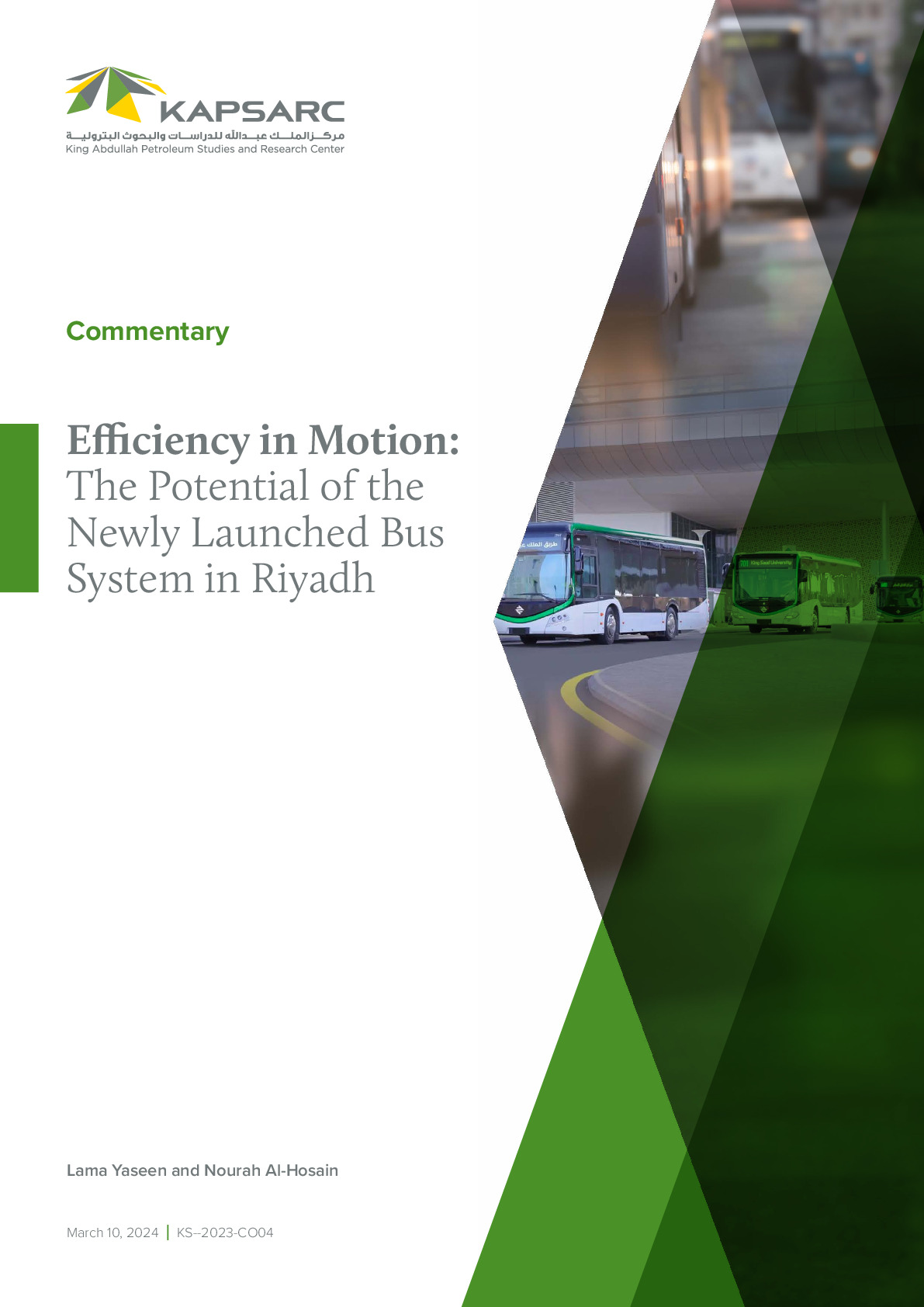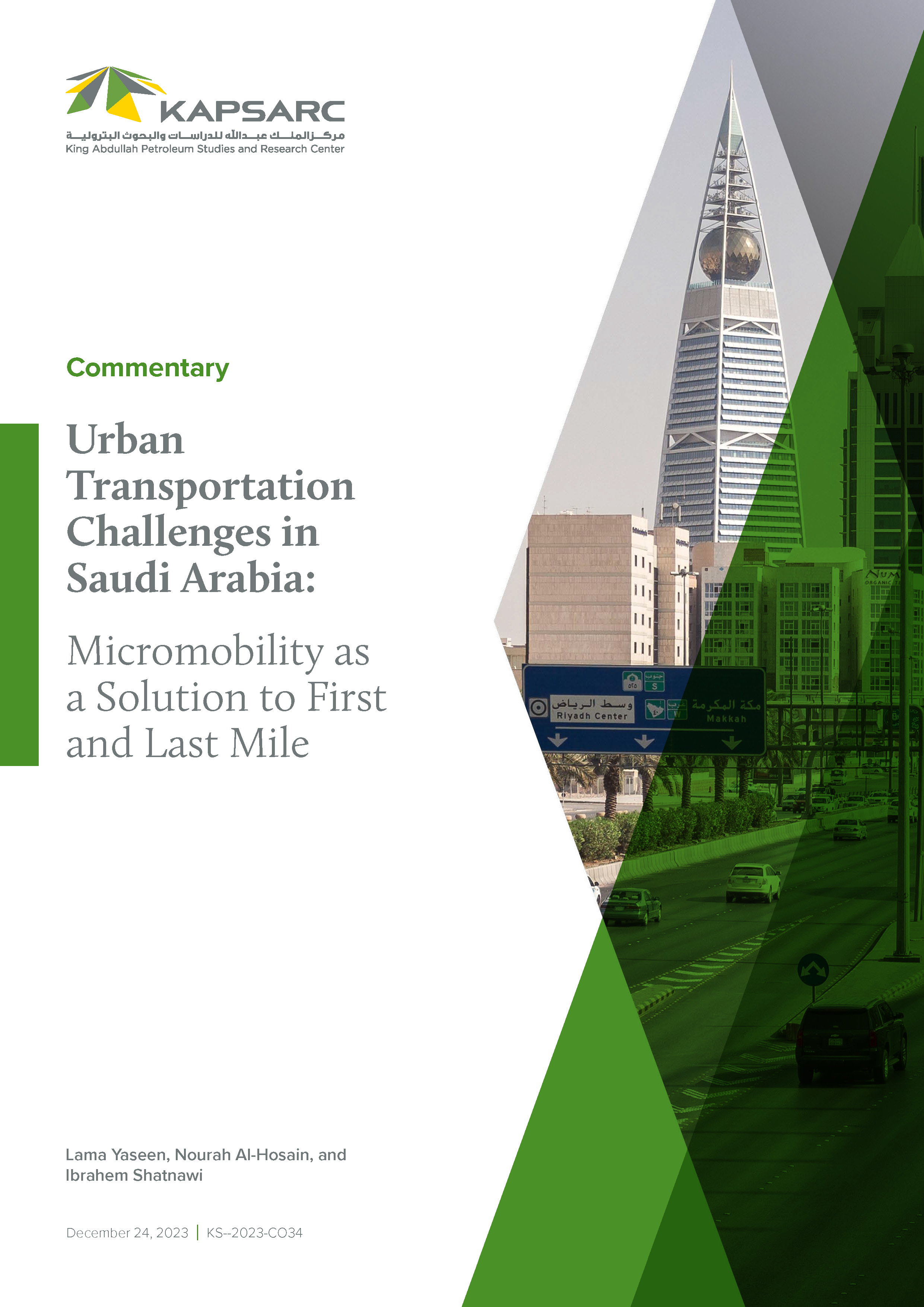What are the prospects for reform of the Chinese energy sector? This question is the subject of much debate both inside and outside China. Since coming to power in November 2012, China’s new government has issued a series of statements on reform, clearly an important part of the country’s continuing ‘great revival’. Despite this, some experts have been unconvinced by the pace of economic reform. What reform means for the energy sector is even less clear. There are competing views on how, and to what extent, the energy sector and energy policy will be reformed, but they all share various potential biases resulting from incomplete data and “not knowing what we don’t know”.

Brian Efird
Director of Strategic Partnerships
Brian Efird is the Director for Strategic Partnerships at KAPSARC. His responsibilities include planning and oversight of KAPSARC’s global outreach…
Brian Efird is the Director for Strategic Partnerships at KAPSARC. His responsibilities include planning and oversight of KAPSARC’s global outreach and engagement, as well as forging multiparty collaborations that conceptualize and facilitate high impact, applied research projects in the areas of energy economics, policy, and sustainability. He previously served as the Program Director for Policy and Decision Science, managing a team of researchers that covered a global program of work focused on the nexus between geopolitics, domestic and local politics, energy, and climate change. This included multi-disciplinary analysis of the geopolitics of energy and the environment, quantitative models of collective decision-making processes (CDMPs), geospatial information system (GIS) applications to energy economics and energy policy, and the impact of political phenomena on global energy markets. Dr. Efird was previously a Senior Research Fellow at the National Defense University in Washington, D.C.; a consultant on defense and international security matters in Washington; and a consultant applying quantitative models to support corporate, investment banking, and legal negotiations in New York. He received a Ph.D. in Political Science and M.A. in International Studies from Claremont Graduate University.





